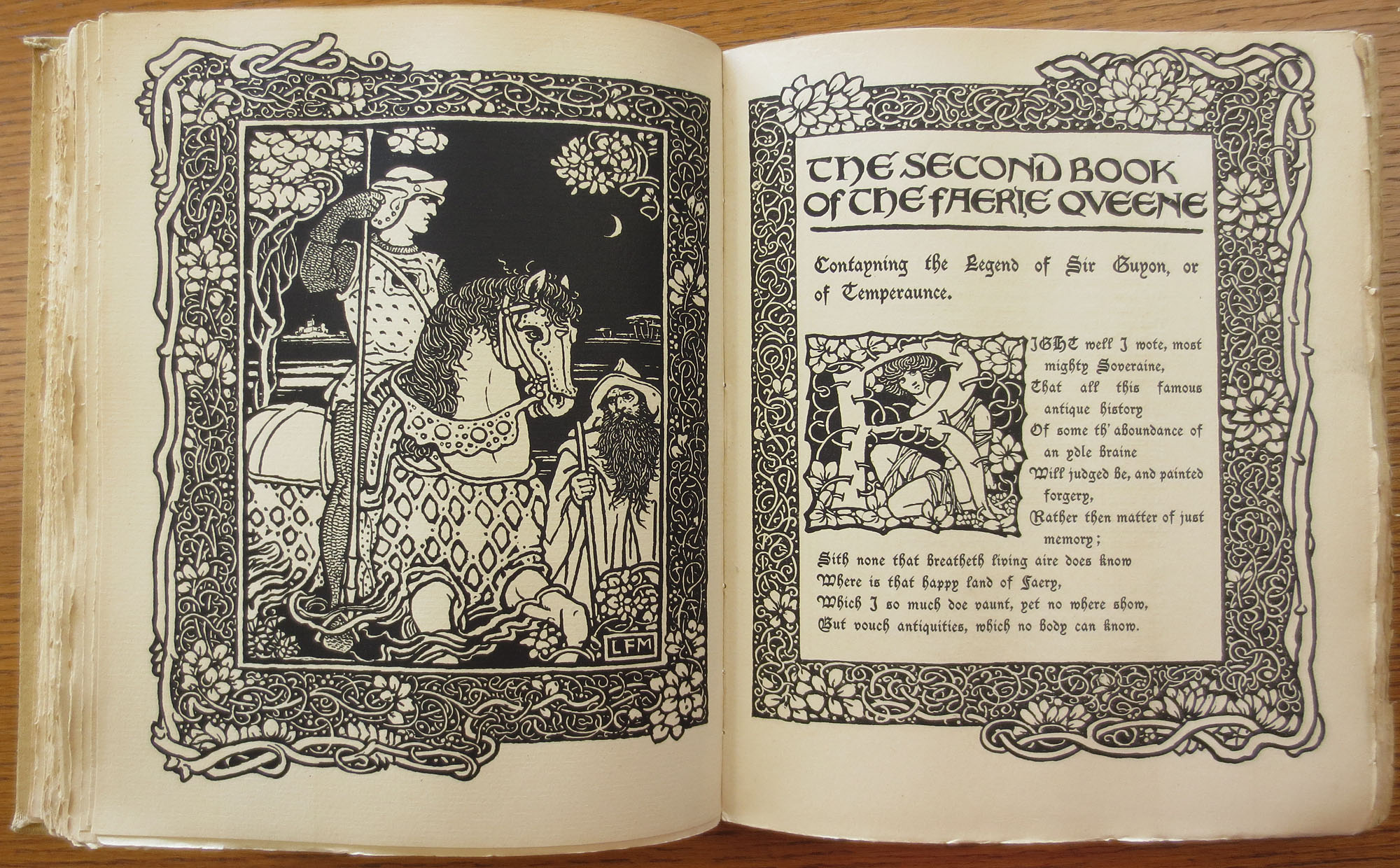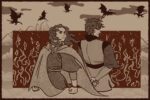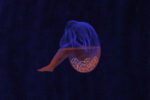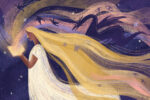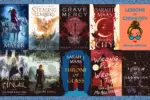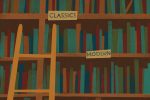Every college English major knows going into their various literature classes that the bulk of the curriculum will be comparing books to other books. That’s a fact. Within the first week someone will inevitably say “This is just like in ‘The Odyssey’ when…” and everyone else in the class will nod in agreement, because if you haven’t read “The Odyssey” yet, your high school fucked up.
Sometimes you get crazy and some poetry appears (shout out to John Donne for being universally recognized as the creepiest poet to ever write about love and fleas), but most of the time the text for the class will be compared to other books that professors assume you’ve already read. And while a good number of them are generally read in high school, there are a few that get skipped over and subsequently never read by every English major. Personally, that feels like a crime, so I’ve set out with my top five English major must-reads to rectify this terrible thing.
And for all you non-English majors out there: All of these are also just really fun to read.
1. “The Iliad” by Homer
First off, this one is a Classic, so put on your Snobby English Major Pants that you’ve been pretending you don’t own and read this book. It’ll help with any sort of references to Greek mythology you may encounter in other literature, and it’s actually really entertaining. And I know “The Odyssey” is like the cousin to this book and that both of them have a lot of importance, but if you gotta pick one go with “The Iliad.”
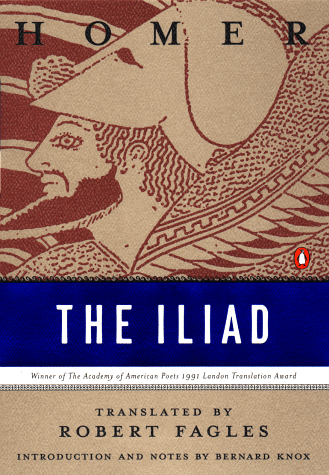
It’s full of sick battle scenes—stabbing, spear throwing, archery, death! The movie “Troy” ain’t got nothing on what my dude Homer was doing. It’s all guts spilling and disemboweling and crazy shit like that. I’m pretty sure like six people die within a four-page span from spear inflicted wounds. It’s great.
Conversely, it also has beautiful descriptions (seriously, let’s talk about the part where Hephaestus makes Achilles’ shield, like wowza, can I get an “amen” for that ekphrasis) and wonderful epic poetry with fantastic extended metaphors. If you buy a good edition, the translation makes it easy to read as well, so you don’t have to stumble your way through overwhelming words and crazy phrases. Stanley Lombardo is my man, but to each their own.
Plus, the gods and goddesses get up to some crazy hijinks—seduction, cheating in battle, clouds that come down to swoop favored warriors away. And you thought your family gatherings were wild.
And, if you’re lucky, your professor might mention the love story between Patroclus and Achilles. Queer theory paper, here you come! When you finish that one you can read Madeline Miller’s “Song of Achilles” for a more modern take on the Trojan War and a more heartbreaking version of the underappreciated love story.
2. “On The Road” by Jack Kerouac
This is the ultimate road trip book full of terrible decision-making, post-modern dissatisfaction with life and the ideal representation of the beatnik generation.

Anything and everything you need to know about post-modernism can be found in this book, so scholastically it makes sense to put this on your reading list. Plus, it’s a relatively quick read with a fast-paced plot that keeps you moving from one city to another without even realizing you’re going anywhere.
Plus, who doesn’t love reading about dissatisfied rich white people making a series of bad decisions?
3. “The Faerie Queene” by Edmund Spenser
This is cheating because it’s technically several books in one, but they all come in one book if you buy the right version, so I’m going to count it.
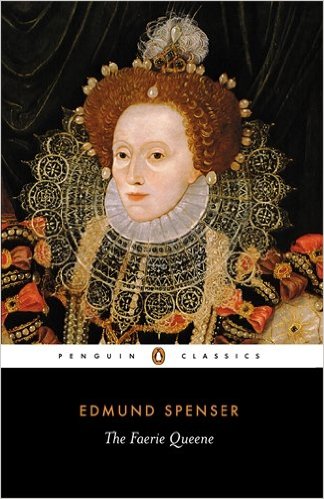
A religious and political allegory, this poem was essentially used by Spenser to suck up to Queen Victoria. Oh, and personify the different types of virtue, I guess. My personal favorite is Book 3, which is all about a lady knight named Britomart, who kicks ass and takes names. She represents chastity, which is admittedly sexist, but Spenser manages to make it seem less so by creating other characters, both male and female, to represent other forms of good and bad chastity.
Wow, I made that sound so boring, I’m so sorry.
There’s other stuff, like nasty giants and dragon slaying—it’s like every Prince Arthur story ever written gathered together and hopped up on steroids.
With dick jokes that mock all sorts of Renaissance ideals. Shakespeare would have loved it.
The work contains so many Ovidian references it’s actually a little wild, but Ovid is essential in reading almost anything from the 1600’s, so this is basically a cheat sheet for the important stories to look up.
There: educational, allegorical, and violently raunchy. Doesn’t that sound delightful?
4. “Pride and Prejudice” by Jane Austen
This is mostly just an excuse to watch the 2005 Kiera Knightly movie version again, but the book itself has so many hilarious quips and wonderful declarations of love that it’s absolutely worth reading. It’s also a Classic so get those pants back out.
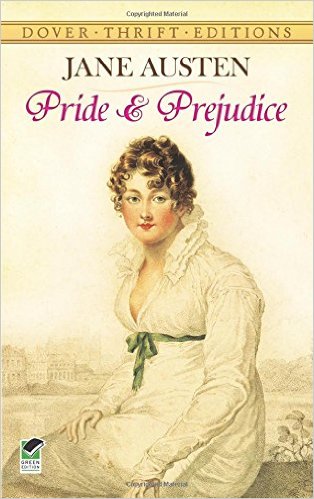
Female perspective, miscommunication, social awkwardness and a love story as timeless as “Romeo and Juliet” but with far fewer murders, “Pride and Prejudice” is the ultimate English major book club book. Lizzie Bennett’s quick wit and Darcy’s intense discomfort with every personal interaction are only part of this lovely literary exploration of familial love and healthy relationships.
I just love “Pride and Prejudice” so much, you guys.
5. “Frankenstein: The Modern Prometheus” by Mary Shelley
This is the novel that literally kick-started the science fiction genre, written from the female perspective in a time when women writers were shunned, and arose from a creepy story-writing contest with George Gordon Lord Byron and the dude who wrote “Dracula.”
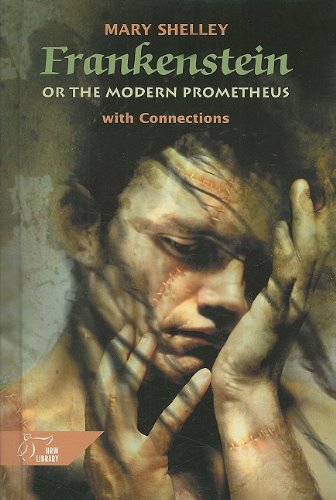
And for a book that has literally defined a genre, the main issue is actually one of morality over grotesque images. I mean, yeah, it’s definitely got some gross shit in it, but overall it’s a bunch of story layers to find the moral truth in the responsibility of creation.
Will one of you please stop me before I start on tangents like that? This article is supposed to make these books more appealing, not more like assignments for class.
Reading these books can be a great way to distract yourself from the slow all-consuming curriculum that is the English major, as well as prepare you for some fantastic in class discussions. And sometimes you really just need to sit down with a book, especially when you’ll be trapped in your dorm room soon by terrible weather.
Happy reading!


